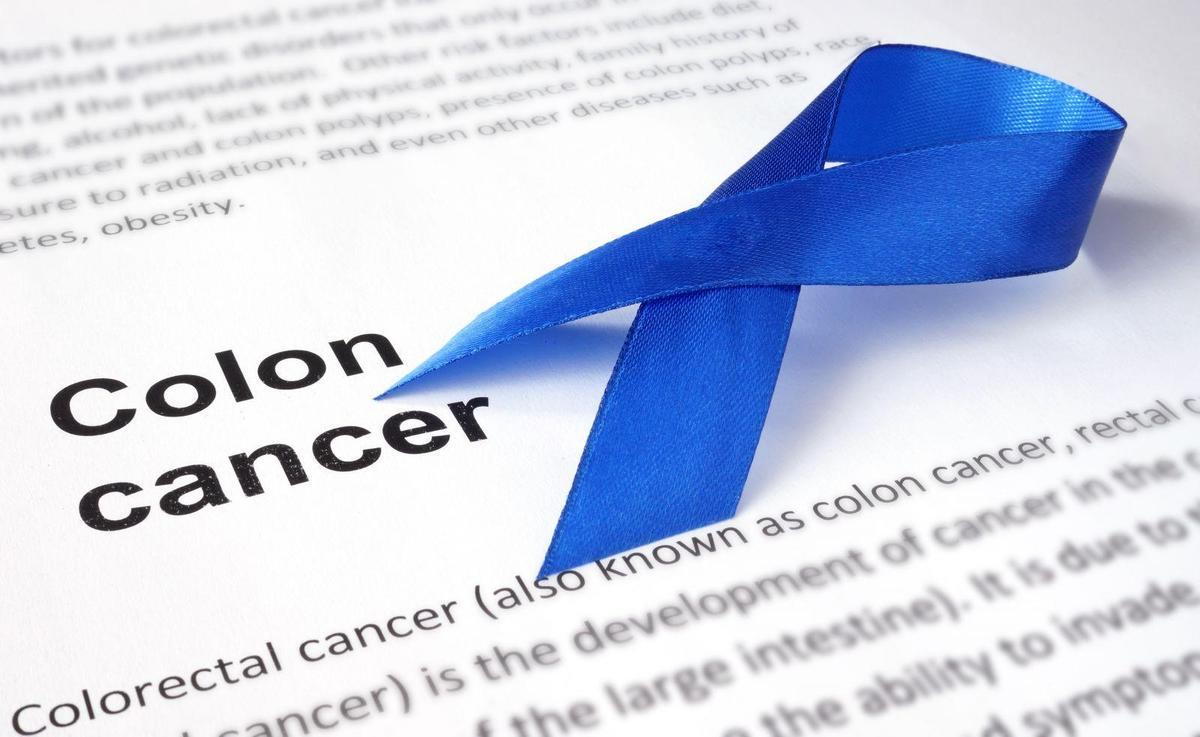
One Size Does Not Fit All
There are lots of options when it comes to colon cancer screenings—from at-home tests to colonoscopies—but which is the right one for you?
Colonoscopy: They require prep and sedation, but colonoscopies are the gold standard for colon cancer detection and prevention. The best part is that this test only has to be done once every ten years if your doctor doesn’t detect any concerns. This is also the only test for those with risk factors such as personal history of polyps, cancer, or family history of cancer.
At-home tests: Tried and true colon cancer screenings such as colonoscopies take time and require preparation. The makers of at-home tests know this and are offering solutions that screen for colon cancer at home with no sedation, less prep, and more comfort. So should this be everyone’s first step? Not necessarily: Like cutting your own bangs or doing your own electrical work, just because you can, doesn’t mean you should. In studies, at-home tests have failed to detect more than 30% of pre-cancerous polyps. And as you may know, colon cancer rarely displays symptoms until it has advanced to the most life-threatening stage, so it’s usually recommended that you consider colonoscopy first, as it is the most effective way to prevent and detect colon cancer.
Flexible sigmoidoscopy: This is another option that requires less prep and no sedation. It can be uncomfortable but not painful. Where this test falls short is that it only covers about one-third of your colon, so, while more convenient, it’s not as thorough.
Double barium enema: Take an enema and then a few x-rays and you’re set with this procedure. It can be uncomfortable, however, and has a track record of missing larger polyps and cancerous ones.
CT colonography: Also known as “virtual colonoscopy,” it’s a bit of a misnomer. A CT scan is used to image the colon after air has been pumped into the bowel. It is effective in identifying medium to large polyps, but is ineffective in identifying small polyps. Additionally, it’s not covered by most insurance.
Talk with your GI provider to make sure you are getting the best screening possible for this deadly-but-preventable disease.
